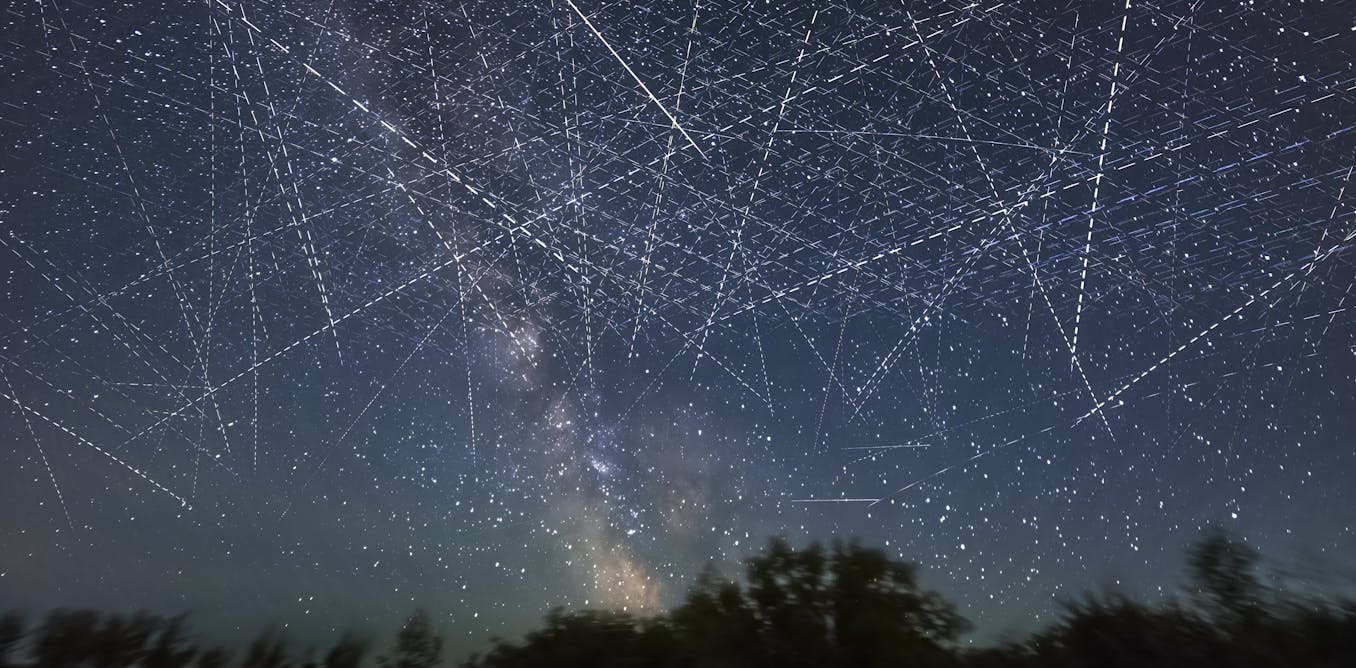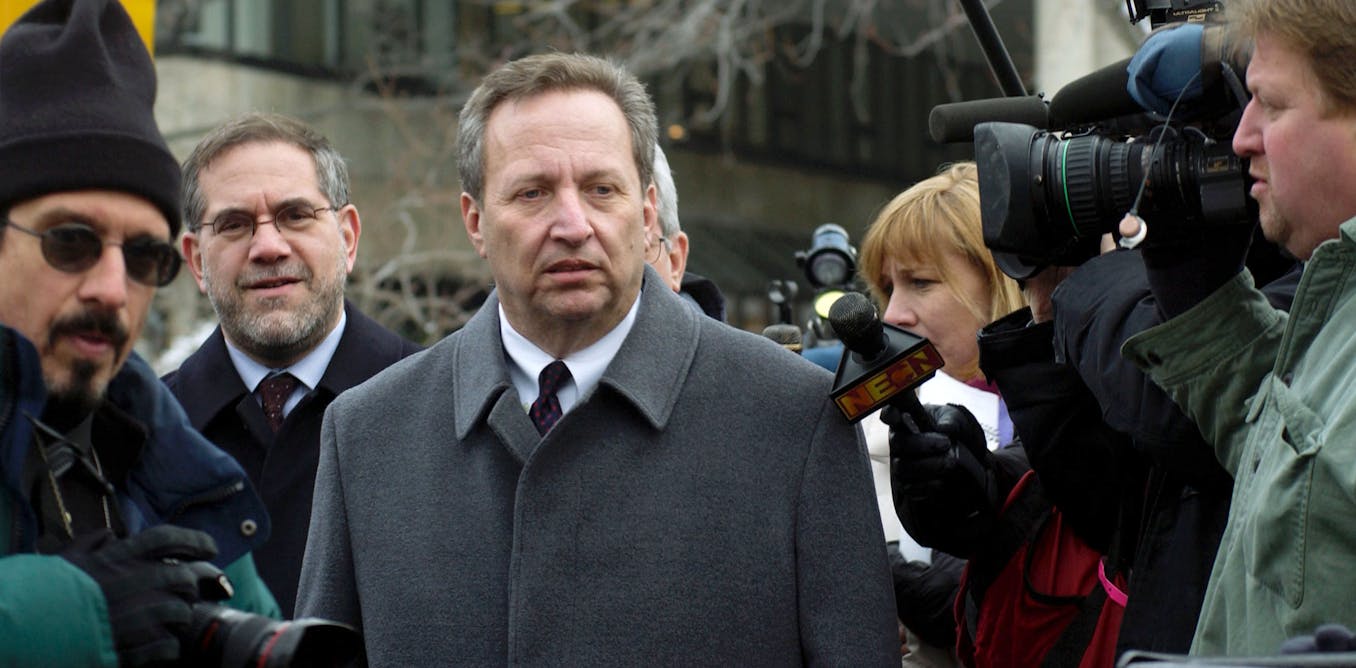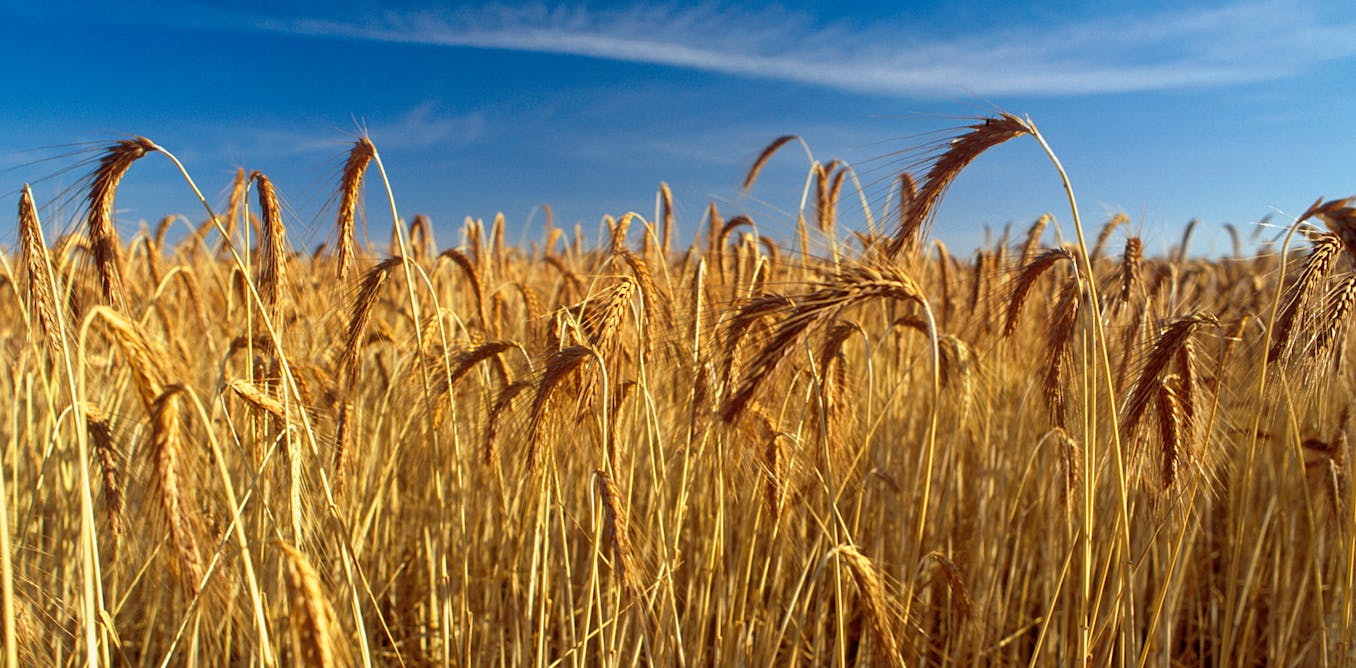“There is no time for imagination, religious or otherwise. We need to act now!” an irritated scientist told me during a workshop on climate change and religion in 2024. Contrary to the tone of his comment, this scientist was not dismissing religion as being marginal to tackling climate change, but his underlying assumption rang clear: religion, while undoubtedly a necessary part of the solution, is only useful if it works alongside rational science.
Research by me and my colleagues suggests that framing religion and science as totally separate entities is unhelpful in advancing a global response to climate change.
In 2022 and 2023, I spent four months conducting fieldwork in Egypt, living and interacting with Muslim and Christian communities in Cairo and Alexandria. As a salient reminder of the ongoing climate crisis, my research took place over the summer, when temperatures reached more than 45°C.
These heatwaves were a part of everyday discussions, but I didn’t hear only scientific jargon used to refer to these phenomena. Often, religion was the language used to make sense of the heat.
As an Anglican priest in Alexandria told me, members of his congregation understood these heatwaves as manifestations of climate change, but at the same time asked him: “What is God is trying to tell us? Is this a sign of his anger? What should we do?” In other words, while scientific knowledge was used to explain the extreme heat, religion gave it meaning.
Building a global response to the climate crisis requires us to learn about the many ways people make sense of climate change and learn to live with its consequences. And for most of the world’s population, a purely scientific framing is unhelpful.
Science v religion?
The long-perceived tension between religion and science seems to be reappearing today as we confront climate change. The scientist’s reaction to my work is one example of this, which left me wondering: what role is religion playing in tackling climate change globally? And how often is it framed as a field outside of science?
Unfortunately, the approach adopted on the global climate stage seems to perpetuate a hierarchy of knowledge that implies that science trumps social and cultural influences such as religion and ethics. It is telling that the UN’s Intergovernmental Panel on Climate Change, the preeminent global body on climate policy, still relies heavily on hard science in presenting its findings, despite efforts in its latest reports to highlight the role of social sciences and humanities, including religion, can play.
Religion and Global Societies Research Unit (LSE)
With my team from the LSE Religion and Global Society research unit, I ran a climate change and religion workshop in Cairo with Muslim and Christian female and male faith leaders. Many of the 30 participants explained they felt frustrated that the climate science lens dominates.
One member of a faith-based organisation told me during an interview after the workshop that: “We are often approached by western organisations and research institutions to collaborate. However, when we ask about the nature of these collaborations, it is often reduced to our logo and a couple of statements that tell people that they should care about climate change.”
Rather than taking religion seriously on its own terms, climate science often shapes what kind of role religion should play in communicating climate change. This is a problem.
Science meets religion
Our current work with female scientists in Egypt is teaching us that in many non-western countries, such as Egypt, the religious and the scientific cannot be as easily untangled as some might like to think.
I asked an Egyptian scientist who has been working on water management for the last 30 years how she sees the future of water in her country. She began her response with a verse from the Quran before turning to a scientific explanation of what that entails.
While much of her work is informed by scientific models of reason that underpin the Egyptian state’s nationalist development projects, she can hold together scientific and religious ethical modes of reasoning. Bringing an understanding of this overlap to international climate policy is critical for creating global solidarity around this issue.
Fortunately, things are changing. Through initiatives such as the UN Environment Programme’s Faith for Earth Coalition and the faith pavilion at recent UN climate summits, religious groups are becoming more prevalent and active on the global climate stage.
But efforts to seek collaborations between scientists and faith communities are not good enough. We need to resist the urge to see religion as a mere vehicle for convincing most of the global population for whom religion gives meaning to life. The only way we can do that is for scientists and faith leaders to start laying the groundwork for new ways of thinking together.
As Russian author Leo Tolstoy once wrote, “Science is meaningless because it has no answer to the only questions that matter to us: ‘What should we do and how shall we live?‘” The climate crisis demands new ways of thinking, new ways of perceiving reality, and religion is fundamental to achieving that.

Don’t have time to read about climate change as much as you’d like?
Get a weekly roundup in your inbox instead. Every Wednesday, The Conversation’s environment editor writes Imagine, a short email that goes a little deeper into just one climate issue. Join the 40,000+ readers who’ve subscribed so far.

The post “Why religion is fundamental to addressing climate change” by Hanane Benadi, Research Officer, Religion and Global Society, London School of Economics and Political Science was published on 02/24/2025 by theconversation.com




































Leave a Reply